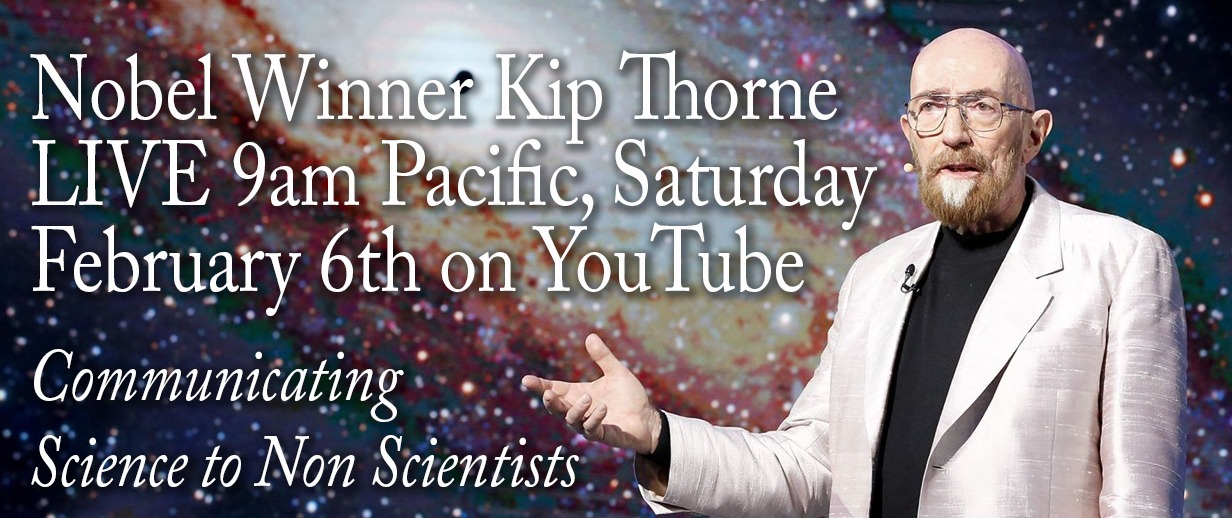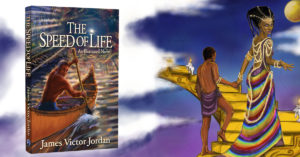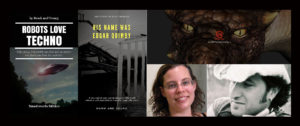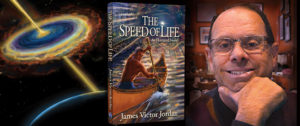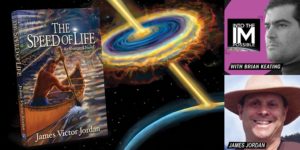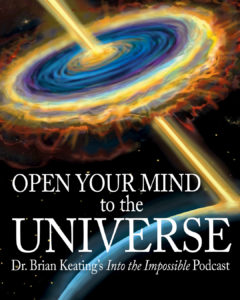We live in a polarized society in which there is widespread ignorance, confusion, and mistrust of science, as epitomized by our abysmal response to the Covid Pandemic. A major effort is needed to mitigate this – an effort that focuses not only on students, but on American adults and policy makers. We must communicate the beauty, excitement, methods, and power of science not only to those of our fellow citizens who are receptive to science, but perhaps more importantly to those who are highly resistant. The challenge, strategies, tools and methods for this quest will be discussed.

Wikipedia states: Kip Stephen Thorne (born June 1, 1940) is an American theoretical physicist known for his contributions in gravitational physics and astrophysics. A longtime friend and colleague of Stephen Hawking and Carl Sagan, he was the Feynman Professor of Theoretical Physics at the California Institute of Technology (Caltech) until 2009[3] and is one of the world’s leading experts on the astrophysical implications of Einstein’s general theory of relativity. He continues to do scientific research and scientific consulting, most notably for the Christopher Nolan film Interstellar.[4][5] Thorne was awarded the 2017 Nobel Prize in Physics along with Rainer Weiss and Barry C. Barish “for decisive contributions to the LIGO detector and the observation of gravitational waves“.
Thorne’s research has principally focused on relativisticastrophysics and gravitation physics, with emphasis on relativistic stars, black holes and especially gravitational waves.[3] He is perhaps best known to the public for his controversial theory that wormholes can conceivably be used for time travel.[19] However, Thorne’s scientific contributions, which center on the general nature of space, time, and gravity, span the full range of topics in general relativity.
Don’t miss what is sure to be a thought provoking 35 minute talk following by 40 minutes of spirited questions.
As Kip himself has said, “The right answer is seldom as important as the right question.”
To get yourself prepared, please check out my review of Kip’s book, BLACK HOLES AND TIME WARPS: EINSTEIN’S OUTRAGOUS LEGACY. You can read Kip’s review of The Speed Of Life on this web site’s home page.
I’ll be watching! (If you happen to miss it, hopefully they will repost the recording).

